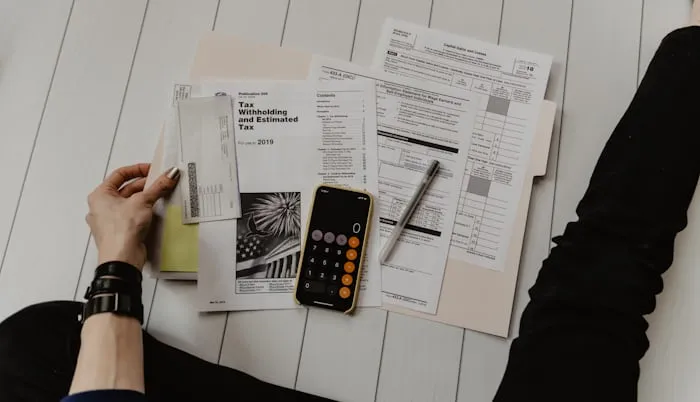Tax is one important aspect of running a society. In one way or another, everyone pays tax, whether direct or indirect. Direct tax payment is done by the part of the population earning taxable income, which is determined by the law of the land. Direct tax also involves taxes paid by companies and businesses. Indirect tax, on the other hand, is paid by everyone. This includes commodity taxes and the like.
Presently, the tax system being adopted for workers in Nigeria is known as Pay As You Earn (PAYE). In this template, workers pay tax according to their earnings. The percentage ranges from about 5% for some lower cadre staff to about 14% for the workers at the top. The implication of this is that someone earning 30000 naira is paying about 5% of his income as tax, while the person earning about 250000 naira is paying about 10% of the money as tax.
I support this template for some reasons. The first reason is that the impact of tax payments varies among people according to their income. Someone earning 30000 naira and paying 10% tax of 3000 naira would feel the impact of such payment more than someone earning 100000 naira and paying a similar percentage of tax, which amounts to 10000 naira. The latter would have more resources at his disposal to attend to his bills than the former. Many countries adopt this PAYE method, and it is working for them.
Another reason for supporting this template is that one should give back to society in tandem with what one gets from the society. The more the income is growing, the contribution to the development of the country should also grow. If someone eating 30000 naira is paying a tax of 5%, then the person earning 100000 naira should pay more tax to correspond with his earning. His income is growing, so should his tax percentage too.
We have the population of the society that is not paying tax. This group includes the senior citizens, the unemployed population, and the young population that are not working. The tax being paid by taxpayers is used to cater for this group directly or indirectly. The contribution being made by the working population to cater for this group shouldn't be done on a flat percentage. The high-income individuals should pay more tax to cater for the underprivileged.
One may want to see this as an unfair treatment to the high-income earners, but I don't. The reason is that right from the beginning of this world, and presently across the globe, everyone can't be rich. It's not a question of who is hardworking and who is not. If all of us in Nigeria are hardworking, I can categorically say that we can't be all at the same level of richness. This is to say that there will always be variation in the financial strength of every individual.
In addition, I don't think that there is anyone who can decide to be poor because he would be asked to pay more tax if rich. As we make the money, we should be ready to give more to build the society relatively. This is already in practice in Nigeria, and I support its sustainability and judicious use of the monies.

